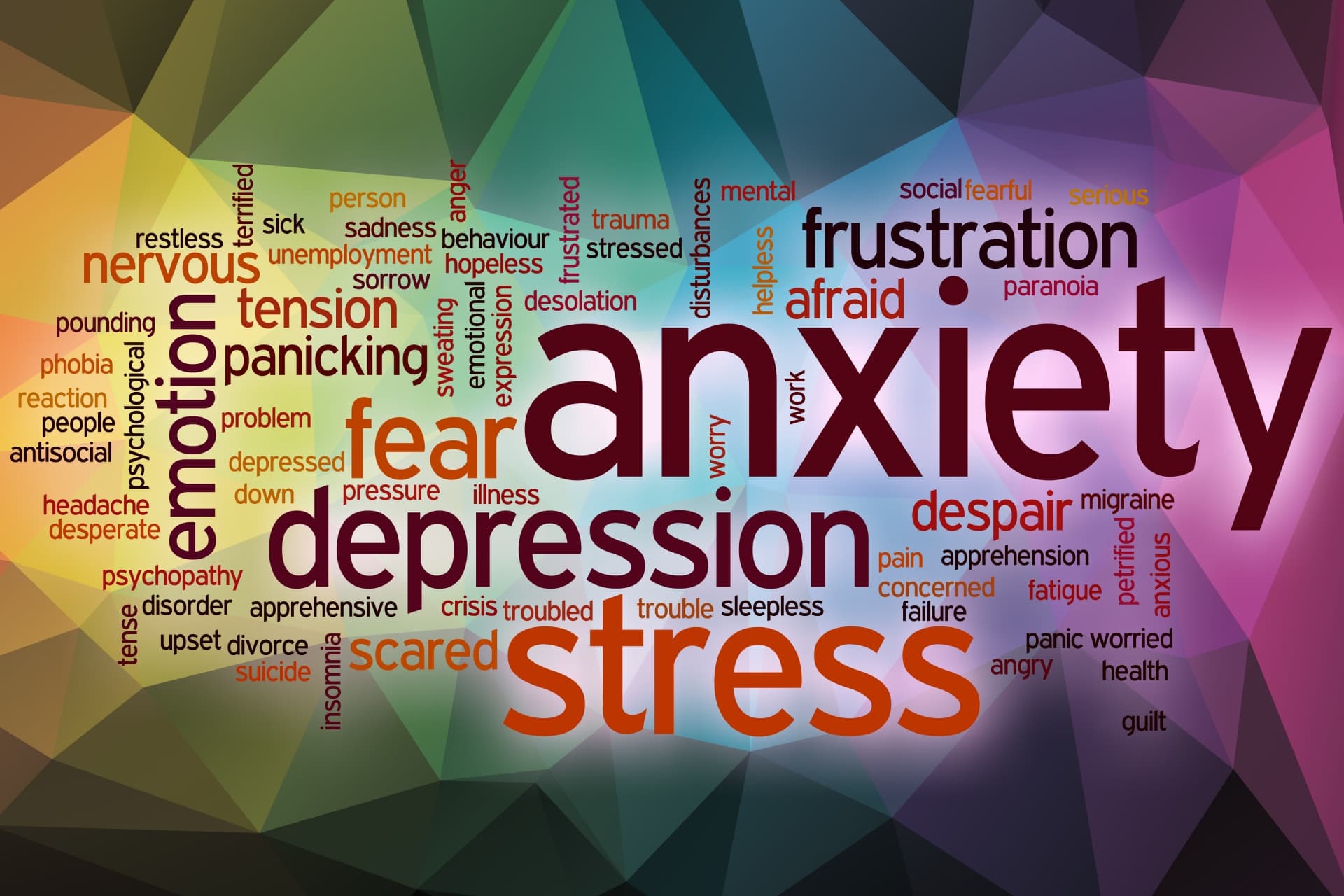FAQ



Who are you?
I am an experienced Cognitive Behavioural Psychotherapist and therapeutic counsellor. This means that I have had undergone comprehensive training that allows me to work with people who struggle with common mental health problems such as anxiety and depression. I am an accredited member of both the British Association of Behavioural and Cognitive Psychotherapy and the British Association of Counselling and Psychotherapy. Meaning I am committed to working safely and ethically with you. I have been a therapist for 10 years and currently work within NHS settings as well as in private practice.
What type of therapy do you offer?
I offer therapeutic counselling and cognitive behavioural therapy but also draw upon multiple therapy models and techniques that play to your existing skills and strengths. The therapy approaches I use are based on the best evidence recommended by NICE Guidance - National Institute for Health and Care Excellence
Can I call you in an emergency?
I am unable to offer a crisis or emergency service. If you need to speak to someone immediately please click here to see a list of who to call.
Do you offer online sessions?
Yes if you would prefer. I normally use Microsoft Teams but please let me know if you wish to use an alternative. Read More....
What if I don’t like you?
Finding a therapist that you feel safe and comfortable talking to is vitally important. I offer an initial, 30 minute, no obligation, free of charge consultation in which to briefly discuss what you would like to achieve from your therapy. This will give you the opportunity to consider if I am the right therapist for you.
What can I expect from my first session?
The first session will be spent introducing ourselves to each other. I will tell you a little be about my role and how we can work together. I will ask you some questions about your safety and discuss the treatment and confidentiality agreement.
There is no ‘one size fits all’ therapy which is why I dedicate our first few sessions to developing a shared understanding of what the main problems are, how they are affecting you and how you would like things to be different. We will then formulate a problem statement and agree a personalised treatment plan that targets the specific problems we have identified.
What can I expect from a typical therapy session?
The general structure of each subsequent session will be to review how you have been during the week. We will explore any techniques you may have practiced in between sessions, any problems you experienced and agree on what to focus on in the current session before discussing a plan for the forthcoming week.
What kinds of problem can you help me with?

I work with people aged from 16+ with problems such as
- Depression
- Generalised Anxiety Disorder, Social Anxiety, Health Anxiety
- Post Traumatic Stress
- Obsessive Compulsive Disorder
- Body Dysmorphia
- Self-Esteem
- Panic
- Phobias including Agoraphobia
- Worry
- Avoidance, Procrastination
- Trauma including Complex Trauma
- Emotion Regulation
- Sleep
- Motivation
- Long Term Health Conditions.
How long are sessions?
These are 50 or 90 minutes dependent upon need. For most problems 50 minutes is sufficient. 90 minutes sessions are offered for people undergoing exposure therapy for phobias and fears or trauma focused therapy where reliving is a core component.
How are sessions offered?
- One to one
- Secure online digital platforms using Teams or Zoom
- Face to face where possible
- Telephone
What if I am in crisis in between sessions?
I am unable to and not insured to offer a crisis or emergency service. It is understandable that you may experience distress at times but if you need to speak to someone immediately, please contact your GP, NHS direct (111) or the Samaritans (116 123)
Do I need to know anything else?
Therapy can be challenging because it requires us to confront difficult emotions and experiences. Attending sessions can feel tiring and the emotional effects can be felt for some time afterwards. It is important to make sure you are patient and kind to yourself afterwards. I can help you with self-care strategies if self-compassion is something you struggle with.






